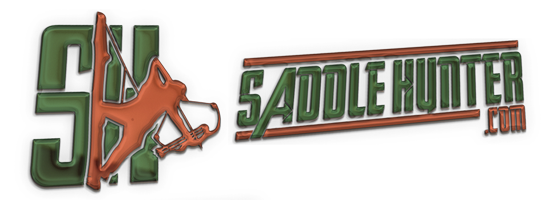IkemanTX
Well-Known Member
- Joined
- Oct 16, 2015
- Messages
- 3,501
I've tried to find them but have no idea where I need to be looking. Where do you find them in the southern parts of the world? Someone please guide me
I find them in roadside ditches, fence rows, public land fallow fields... kind of all over. Once you find your first patch, you will literally see them everywhere. Kinda like when you buy a new model vehicle.
Our best producer around me is Staghorn Milkweed, also called spider milkweed or antelope horn milkweed.


There is also butterfly weed in the area, but it doesn’t pod out nearly as well here.

................................................................................All climbing methods, platforms, saddle designs, and/or use of materials possibly mentioned in the post above are not peer reviewed for safety, and should only be used as an example of my own method. Do your own research and testing before becoming confident in any DIY solution to support your life.
-IkemanTx



